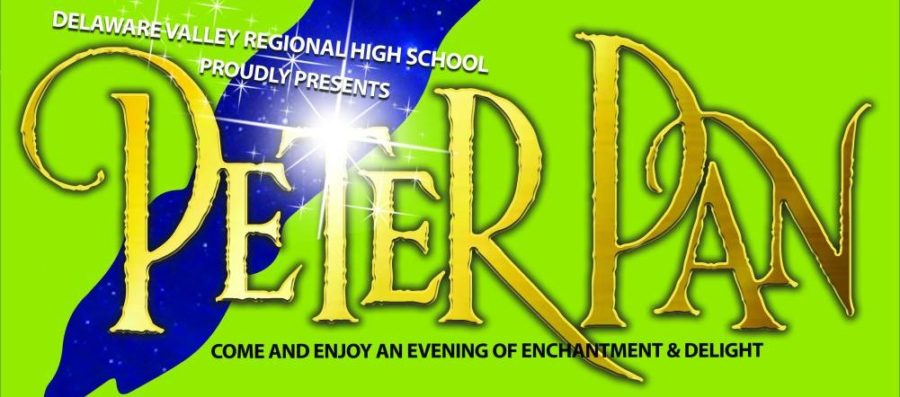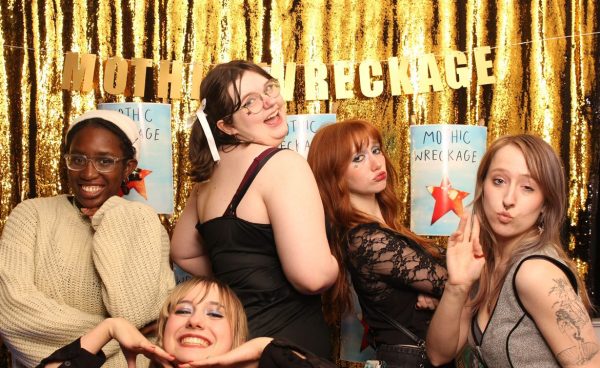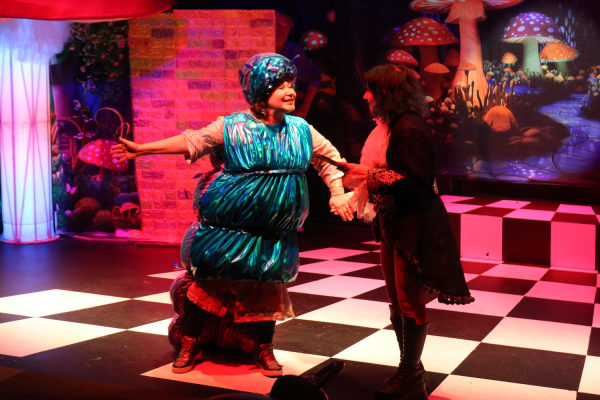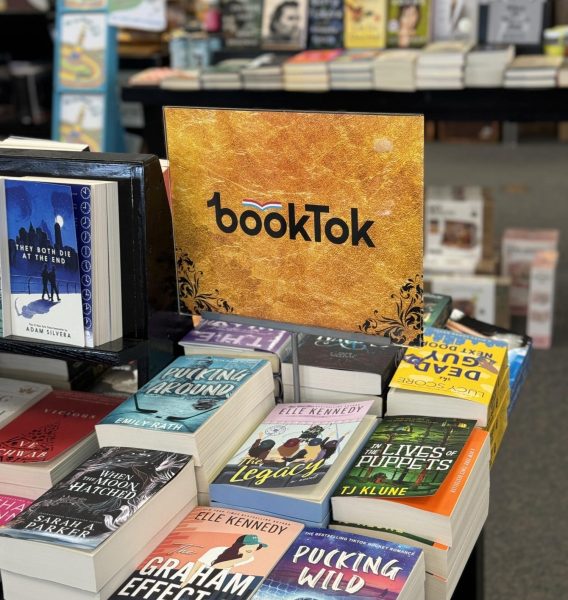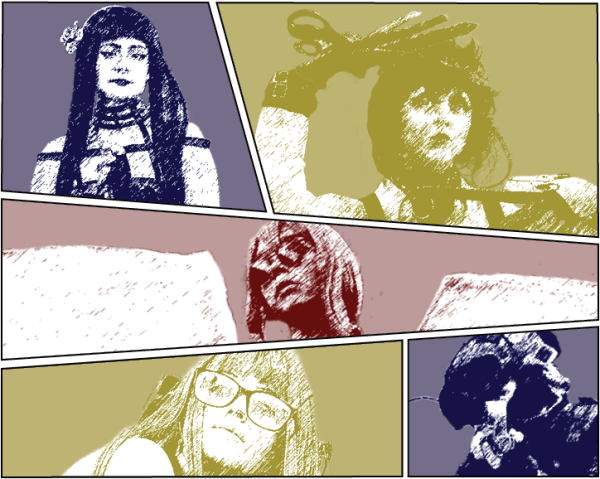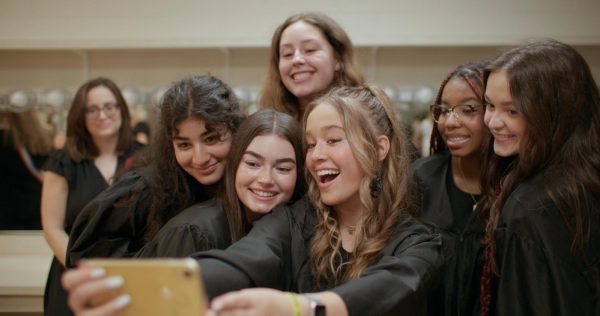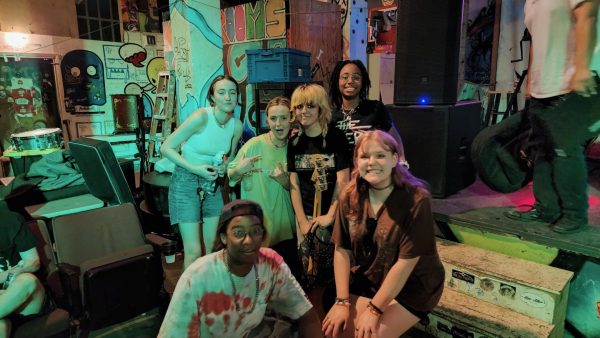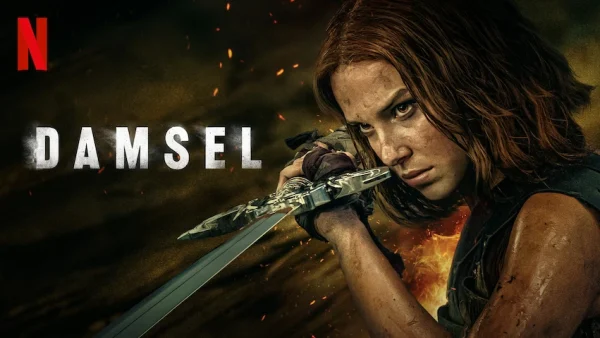Del Val theatre program challenges cultural insensitivity in Peter Pan
Jason Farnsworth
Del Val’s upcoming performance of Peter Pan will modernize the play to remove its cultural insensitivities.
February 10, 2022
Peter Pan is remembered by many as a timeless children’s story. However, several aspects of J.M. Barrie’s sensational play and eventual Broadway musical are highly controversial and have been deemed culturally insensitive and disrespectful by modern-day audiences.
The directorial team at Delaware Valley Regional High School is working hard to alter the show and make it appropriate and acceptable for this year’s musical season.
“I was initially reluctant to try out at all due to the offensive theme the play possessed, but I trusted the directors would make the correct decisions, and they didn’t disappoint,” said junior Baylee Foreman (Nibs).
Many of the problems found within Barrie’s play concern the Neverland Natives, initially referred to as “Indians” in the original script.
The Natives are portrayed with the use of inaccurate Native American Indian stereotypes, using only fragmented sentences or nonsensical words in an attempt to replicate Native American languages.
The caricatures expressed in both the Broadway show and the original play give the impression of an unsophisticated society whom are dependent on Peter and the Lost Boys, reflecting poorly on the independence of Native American culture.
Ignorant casting is usually where directors make an offensive mistake.
In Broadway’s 1960 production of Peter Pan, Sondra Lee plays Tiger Lily amongst a mixed Native ensemble. The placement of a white actress in a role being portrayed as a Native American is problematic in its appropriation of the culture without exposure to talent with Native American heritage.
Although Broadway actors often utilize larger gestures when performing onstage, Lee’s performance is exaggerated and flamboyant, making it seem as though one must possess excessive and almost childlike traits to portray a Native American character.
When paired with stereotypical costuming, such as headdresses and animal skins, Lee’s portrayal of Tiger Lily is satirical and mocking of traditional Native American culture.
Del Val’s production does not have access to a fully diverse cast and is making the necessary adjustments to the characters’ personas in terms of physical expression and appearance.
Instead of dressing the ensemble in items similar to those of traditional Native American clothing, they will be given more natural costuming.
“Because they are children who live in Neverland, they don’t wear normal clothing. They would get clothing pieces and articles from the space around them: from the foliage and the trees and the leaves,” said director Jessica Severns.
Shifting the personas of the Native ensemble will distance Del Val’s production from portraying the depictions seen in the original show.
“[Peter and the Lost Boys] aren’t talking about true ‘Indians.’ They’re talking about Natives, but these Natives aren’t real, so they’re not even American Natives,” said Heather Fleischman, Del Val’s dance instructor and musical choreographer. “They’re not Natives of any land. They’re Natives of Neverland. Finding who the Neverland Natives are is the goal.”
With the limited diversity in the Del Val cast, the directors’ decision to distance the production from Native American culture is necessary to avoid possible controversy.
The dialogue used in the original script of Peter Pan was also deemed inappropriate when assessed by the Del Val directorial team.
In “Ugh-A-Wug,” a musical number in Act Two, Peter uses the term “redskin” when referring to the Natives. This term is no longer acceptable and has a heavily discriminatory background.
Though the original tone of the song is intended to celebrate the similarities between the Neverland Natives and the Lost Boys, the singular use of the term creates an uneven playing ground. The lyric is being changed to “warrior” for this year’s show.
The language used by the Natives throughout the number is also offensive, making the tribe appear uneducated and nonsensical. Lyrics such as “Ugh-a-wug” and “Ibbity-bibbity” are ineffective attempts at recreating real Native American languages.
These lyrics are in the process of being altered for the Del Val stage.
While the Natives’ credibility is diminished by their own dialogue throughout the show, other characters also contribute to the outdated stereotypes.
Captain Hook, a murderous pirate and Peter’s nemesis, can be heard referencing the Natives’ tendency to “scalp” people and chants that he will “massacre Indians” with the other pirates. Many of these offensive lines are being cut or altered.
“When obstacles are thrown at the DVRHS Arts program, they are handled with complete integrity and perseverance,” said senior Hunter Leeds (Captain Hook/Mr. Darling).
While many of the lyrics and lines are obvious in their discriminatory tendencies, the choreography for the show poses a similar issue. Many of the original dance numbers are insulting to the rituals of Native Americans, often mocking the culture through facial expressions and gestures.
Whenever I choreograph, I do research, especially if it’s not something I am very knowledgeable about. I talk to people and I have conversations. I make sure that things are done properly and are giving honor to [those specific cultures].
— Heather Fleischman
“[J.M. Barrie] isn’t American, he’s British, and it was his idea of what a Native American is. [To him], the Native Americans are so far removed that they are portrayed as just a straight-up stereotype,” said Fleischman.
While maintaining a culturally conscious mindset as she choreographs the show, Fleischman finds ways to imitate the feeling of children playing together while also pulling from different cultures to influence the movements in the dances.
“Whenever I choreograph, I do research, especially if it’s not something I am very knowledgeable about,” said Fleischman. “I talk to people and I have conversations. I make sure that things are done properly and are giving honor to [those specific cultures].”
Fleischman intends to create a more playful energy between the Neverland Natives and the Lost Boys, rather than maintaining the opposing powers dynamic. In “The Usual Rivalries,” the two ensembles come together and participate in partner work and movements similar to those exhibited in childhood games.
Although the directors are given the task of rewriting the musical script and score, cast members of Peter Pan are relieved and satisfied that the proper actions are being taken to create a respectful show.
Sophomore Swara Modi (Peter Pan) is grateful that her first opportunity to play a lead role won’t be hindered by controversial themes found in the musical.
“I really respect how the directors take into consideration the culturally insensitive origins of this show. They have done a wonderful job in making it less controversial and allowing every single one of us to enjoy the innocence this show is supposed to be about,” said Modi.
Although the basic plot of Peter Pan is meant to be one of youth and magic, the blatant cultural appropriation makes it difficult to appreciate its many positive qualities.
Del Val is determined to create a show everyone will love, where racial differences are celebrated and the only enemy is growing up.
“When you take away the ignorance and hate, there’s a magical, exciting story left,” said junior Rakelle Felder (Neverland Native). “I think we’re all very grateful that our directors are giving us the opportunity to share it.”
This story was originally published on The Delphi on February 8, 2022.


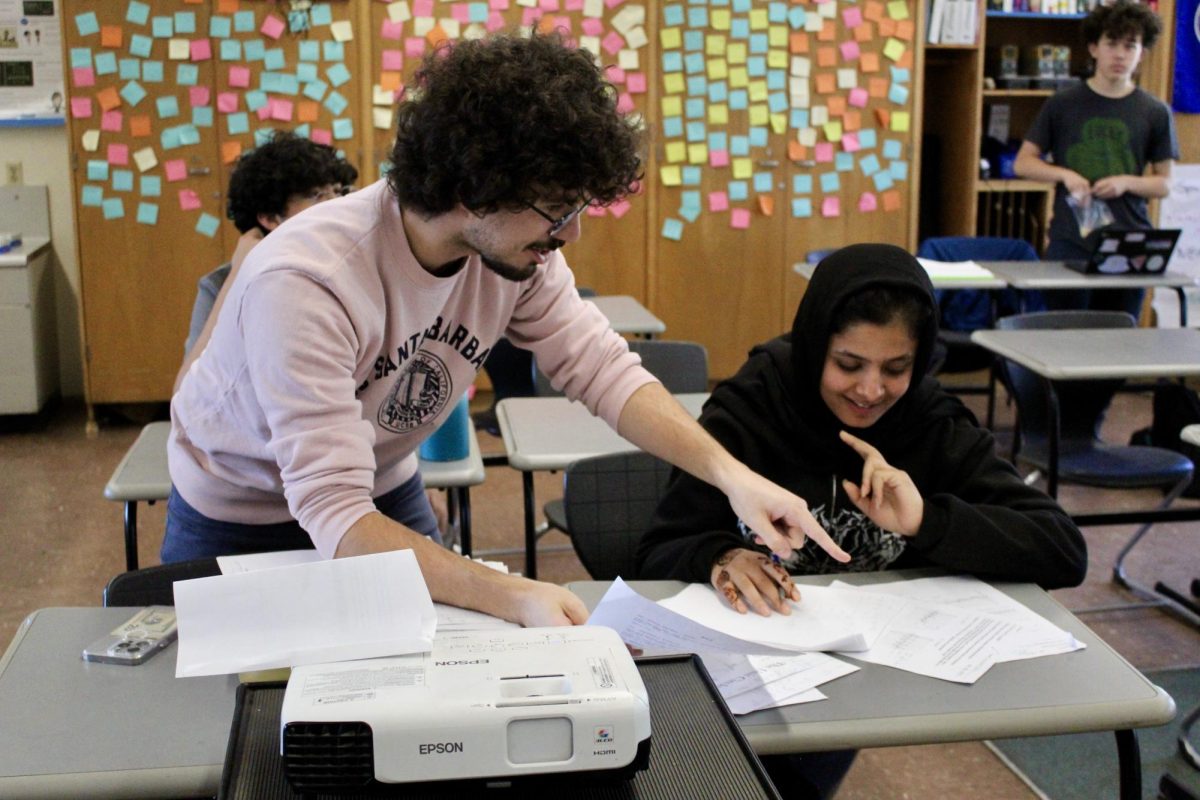
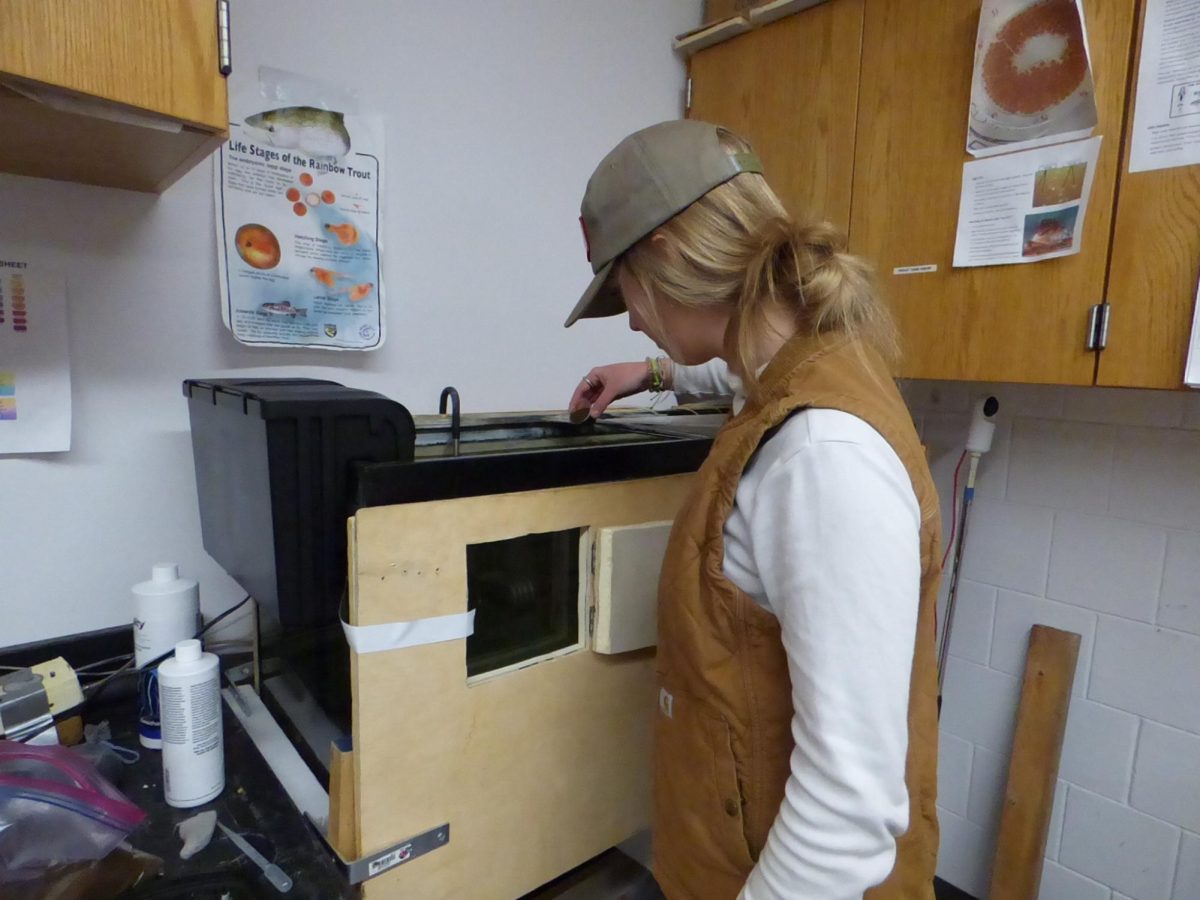





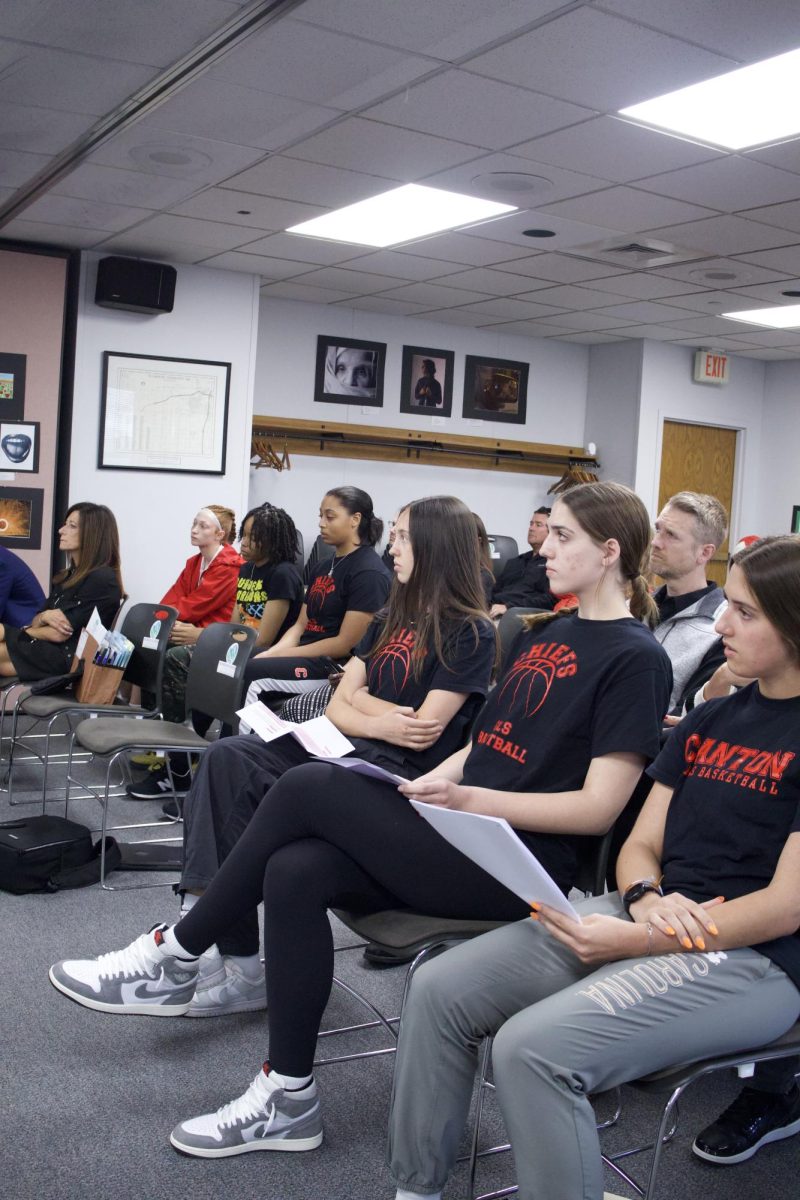

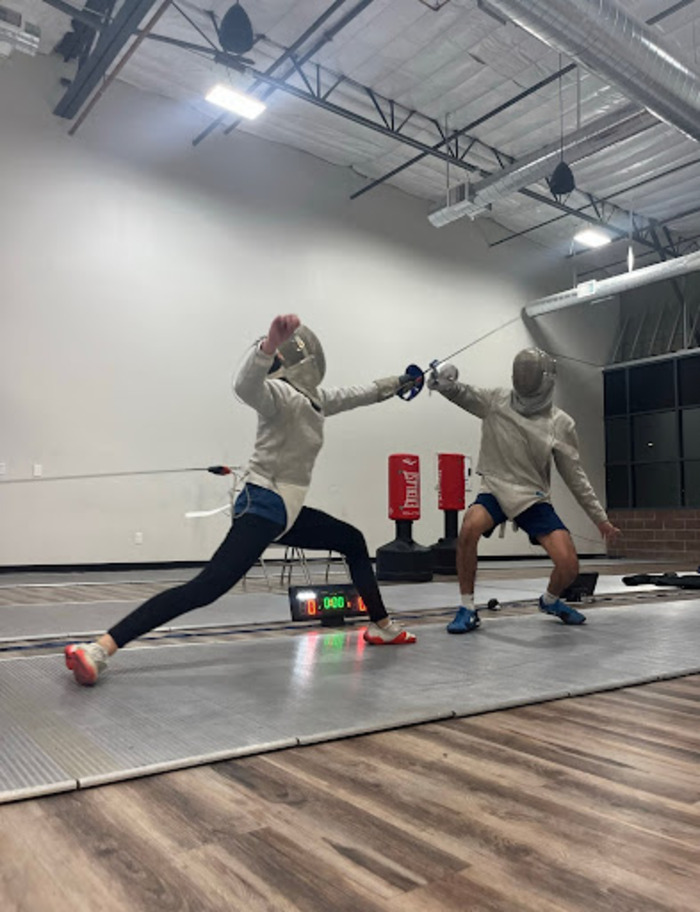

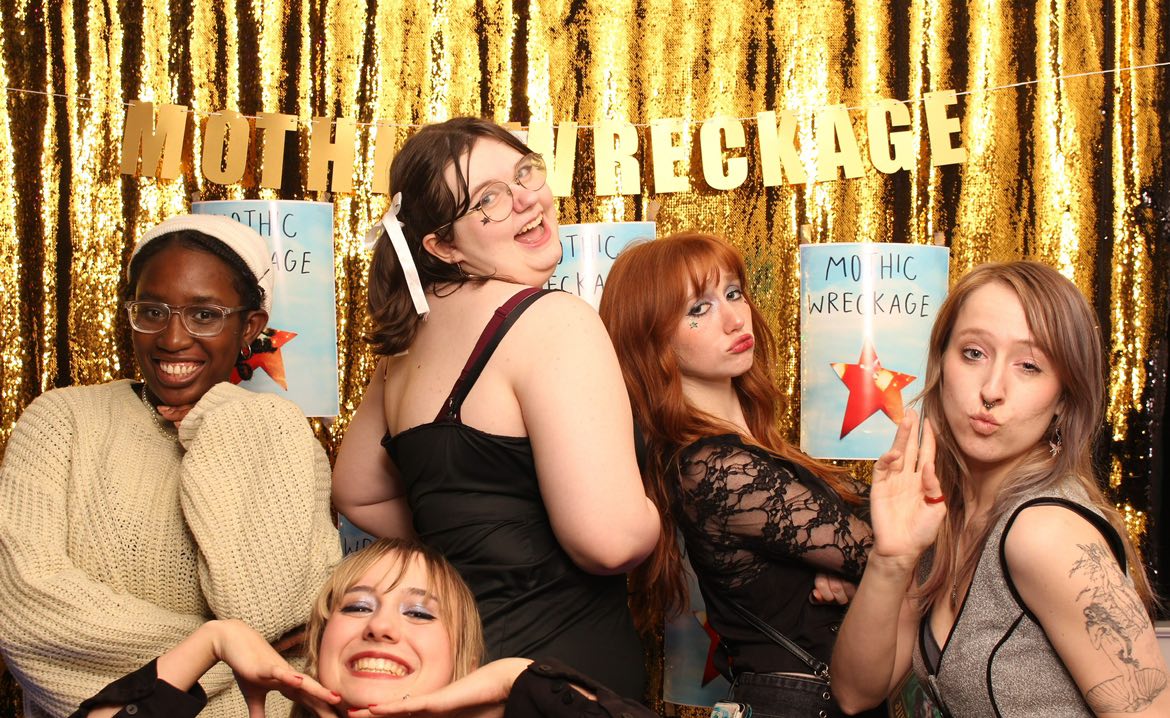

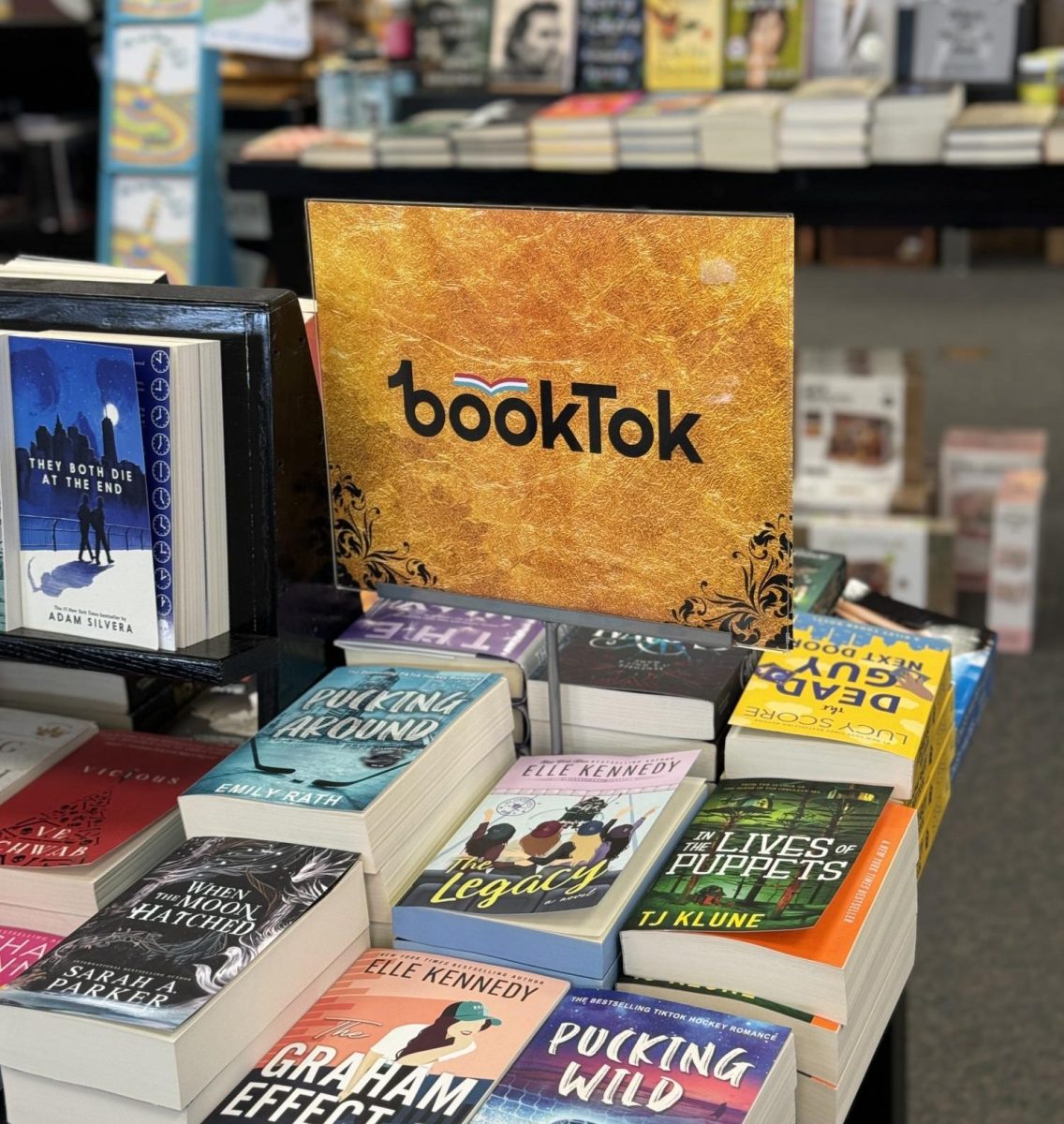

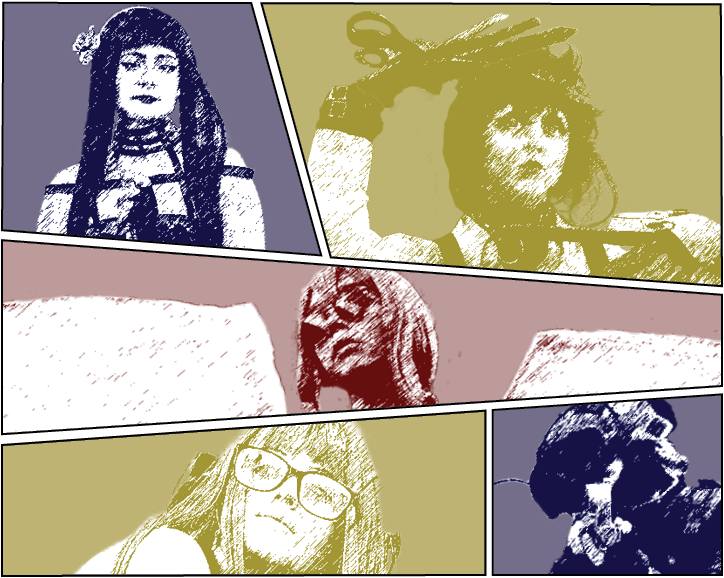













![IN THE SPOTLIGHT: Junior Zalie Mann performs “I Love to Cry at Weddings,” an ensemble piece from the fall musical Sweet Charity, to prospective students during the Fine Arts Showcase on Wednesday, Nov. 8. The showcase is a compilation of performances and demonstrations from each fine arts strand offered at McCallum. This show is put on so that prospective students can see if they are interested in joining an academy or major.
Sweet Charity originally ran the weekends of Sept. 28 and Oct. 8, but made a comeback for the Fine Arts Showcase.
“[Being at the front in the spotlight] is my favorite part of the whole dance, so I was super happy to be on stage performing and smiling at the audience,” Mann said.
Mann performed in both the musical theatre performance and dance excerpt “Ethereal,” a contemporary piece choreographed by the new dance director Terrance Carson, in the showcase. With also being a dance ambassador, Mann got to talk about what MAC dance is, her experience and answer any questions the aspiring arts majors and their parents may have.
Caption by Maya Tackett.](https://bestofsno.com/wp-content/uploads/2024/02/53321803427_47cd17fe70_o-1-1200x800.jpg)
![SPREADING THE JOY: Sophomore Chim Becker poses with sophomores Cozbi Sims and Lou Davidson while manning a table at the Hispanic Heritage treat day during lunch of Sept 28. Becker is a part of the students of color alliance, who put together the activity to raise money for their club.
“It [the stand] was really fun because McCallum has a lot of latino kids,” Becker said. “And I think it was nice that I could share the stuff that I usually just have at home with people who have never tried it before.”
Becker recognizes the importance of celebrating Hispanic heritage at Mac.
“I think its important to celebrate,” Becker said. “Because our culture is awesome and super cool, and everybody should be able to learn about other cultures of the world.”
Caption by JoJo Barnard.](https://bestofsno.com/wp-content/uploads/2024/01/53221601352_4127a81c41_o-1200x675.jpg)




